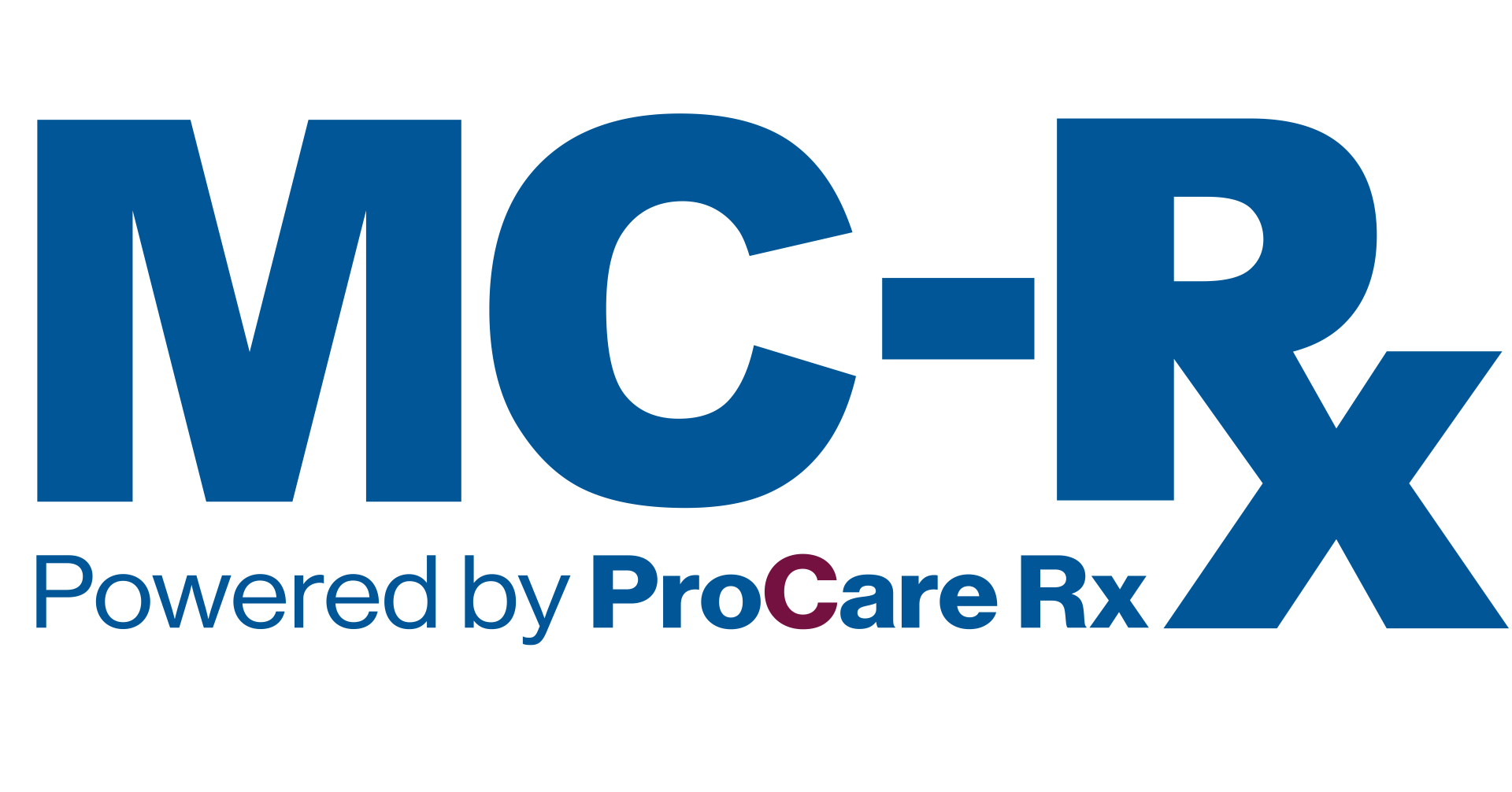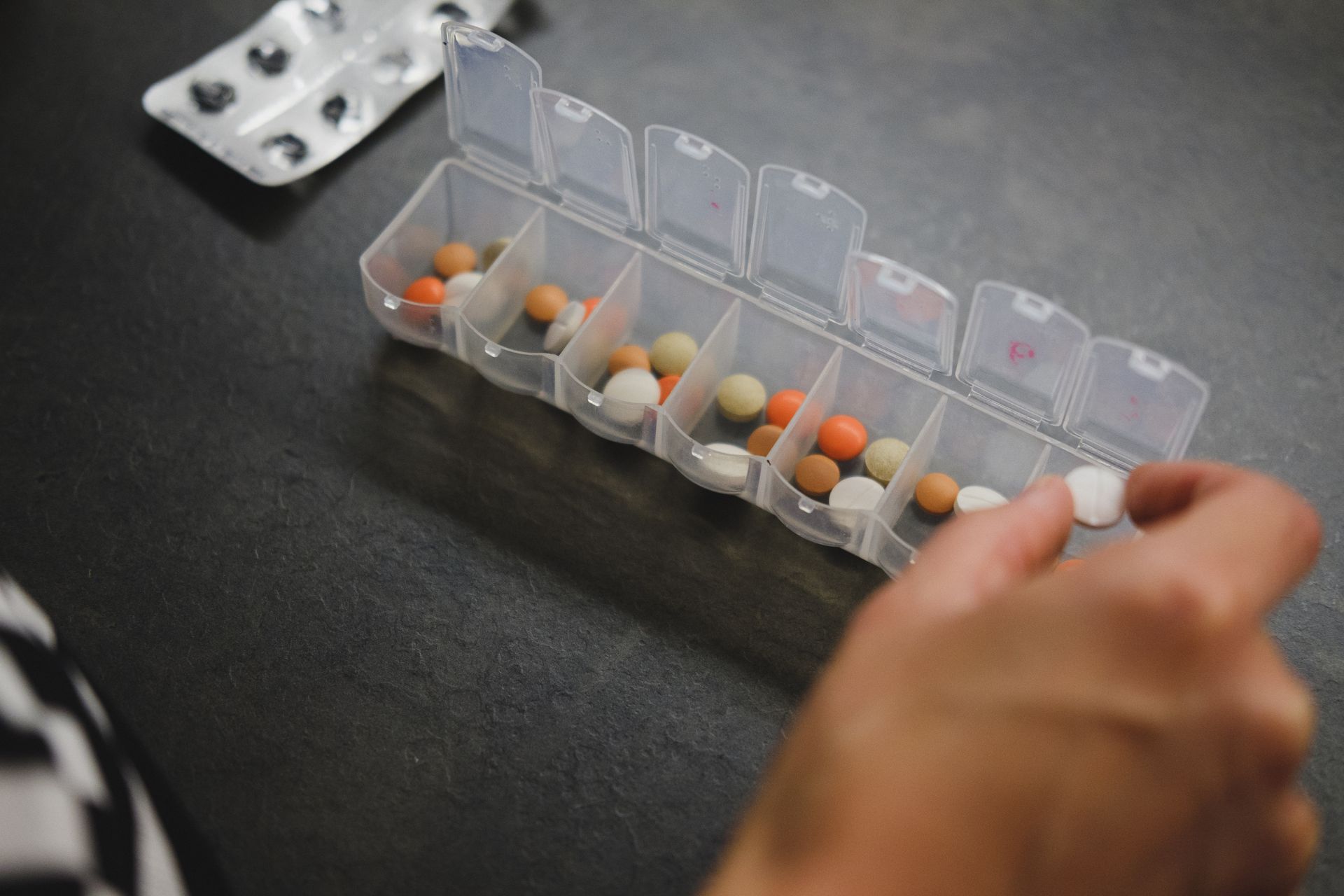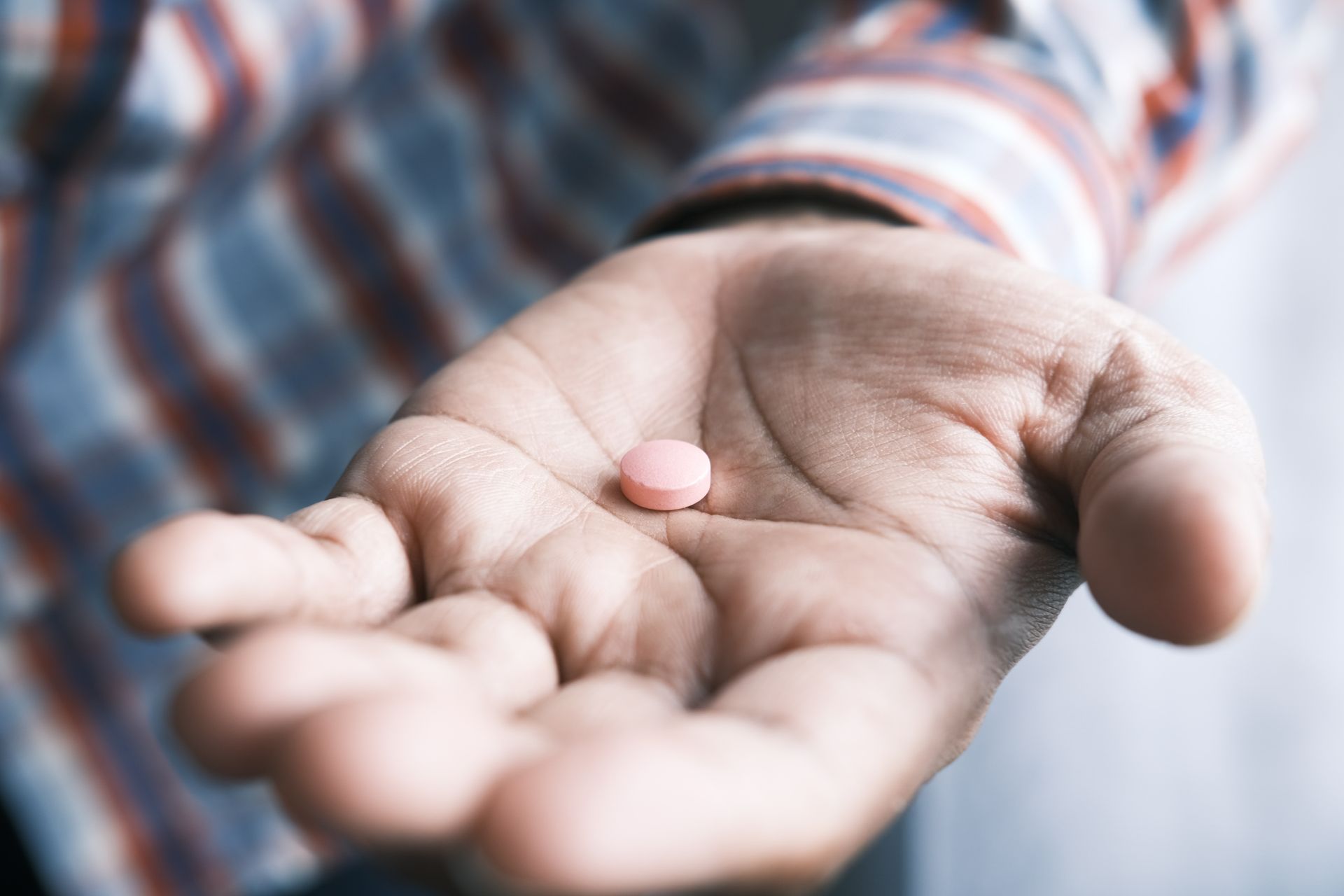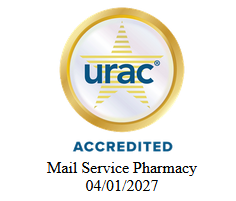New Treatments for Diabetes
Benefits of new treatments for diabetes: Focus on Glucagon-like peptide 1 (GLP-1) agonists
and Sodium-glucose co-transporter 2 (SGLT2) inhibitors

What is Diabetes?
Diabetes mellitus (DM) is a chronic health condition that affects how your body turns food into energy. Most of the food we eat is broken down into sugar, which causes our organ called the “pancreas” to release insulin. Insulin is a substance produced naturally and is needed to help move sugar from the blood into other parts of the body, like your legs to help you walk. Insulin is the key to letting sugar into your body.
If you have diabetes, your body either doesn’t make enough insulin or can’t use insulin. When there isn’t enough insulin or cells stop responding to insulin, too much sugar stays in your blood which causes damage to your body. Over time, that can cause serious health problems, such as vision loss, heart disease, and kidney disease. Initially, none of these health problems may have symptoms.
Common complications in diabetic patients
- Cardiovascular complications in diabetes: People with diabetes are at increased risk of cardiovascular disease (CVD), which can lead to problems like heart attack, stroke, or even death.
- Kidney complications in diabetes: Diabetes can alter the normal function of the kidneys. Kidney problems related to diabetes are referred to as "diabetic kidney disease" or by the older term, "diabetic nephropathy." Over time, this can lead to chronic kidney disease and even kidney failure.
- Weight complications in diabetes: People who take insulin often gain weight. Insulin is a hormone that regulates how the body absorbs sugar, also known as glucose. The weight gain can be frustrating because keeping a healthy weight is important to manage your diabetes.
Benefits of SGLT2 Inhibitors and GLP-1 Agonists:
- SGLT2 Inhibitors like Empagliflozin, Canagliflozin, and Dapagliflozin have demonstrated benefit in lowering heart failure (HF) hospitalization, risk of kidney disease progression, and mortality. Current guidelines for diabetes place SGLT2 Inhibitors as possible first-line treatments, especially in patients that have high risk of suffering from heart failure in the future, currently have heart failure, or currently have chronic kidney disease (CKD).
- GLP-1 Agonists like Semaglutide, Dulaglutide, and Liraglutide have also demonstrated benefits in reducing the risk of cardiovascular events. Semaglutide and Dulaglutide are also approved for weight management. These agents have reported significant results in helping patients reduce up to 15% of their Body mass index (BMI). Unfortunately, the weight loss benefit of GLP-1 receptor agonists does go away when you stop the medication. Patients can regain some or all of the weight they lost.

















